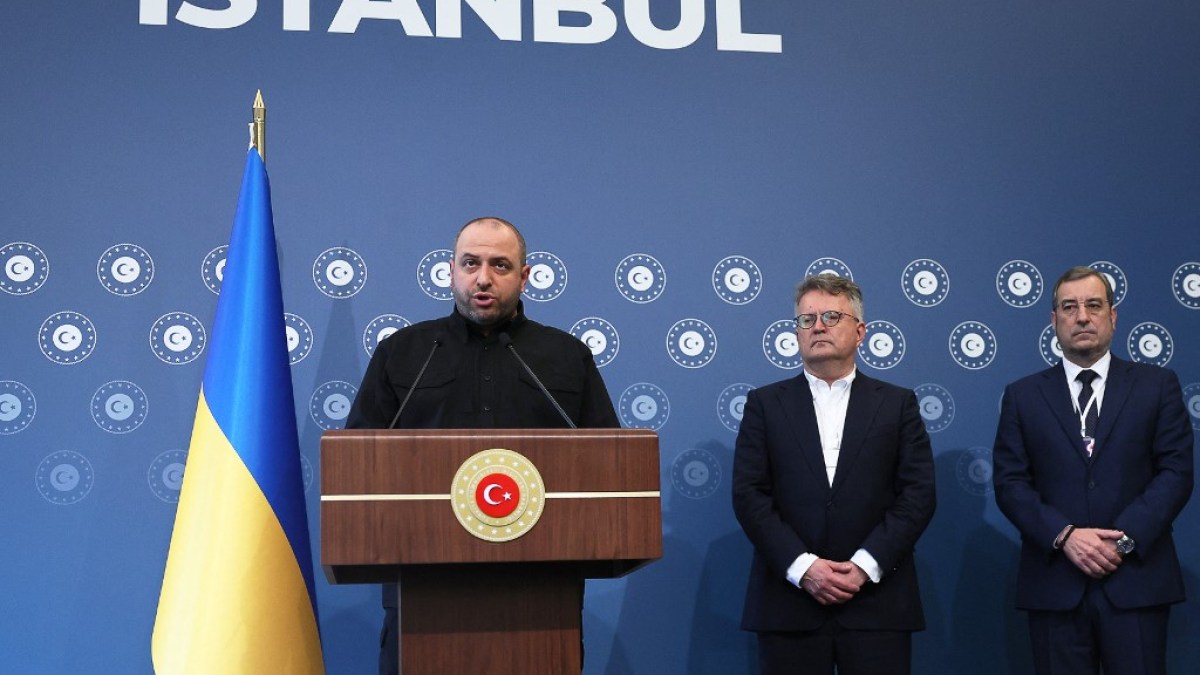This month’s peace talks between Russia and Ukraine in Istanbul have once again failed to bring the war any closer to a ceasefire. The only outcome – a limited agreement on prisoner exchanges – underscores a troubling truth: the current negotiation framework is not working.
Meanwhile, military escalation on both sides shows no signs of slowing. In such an atmosphere, diplomacy becomes increasingly difficult. A ceasefire feels out of reach, and uneasy comparisons with the Korean Peninsula’s frozen armistice are beginning to surface – a scenario that would only entrench division, fuel resentment, and leave key territorial issues unresolved.
That is why we must fundamentally rethink how these talks are structured and led. Yes, a full, unconditional 30-day ceasefire – as Ukraine proposed in Istanbul – is the bare minimum needed to create space for diplomacy. Talks must be convened without preconditions, offering all parties a seat at the table on neutral ground.
There is no shortage of thoughtful policy proposals in Western circles outlining feasible paths to peace. We support calls for stronger international engagement, particularly from the United Nations, the United States and the European Union. What is needed now is urgent, coordinated global action – before tit-for-tat escalations spiral even further out of control.
But there is a deeper flaw in the way current negotiations are being facilitated – often by foreign ministers approaching the conflict as a technical problem to be solved: add a concession here, subtract a demand there. Each side calculates whether the outcome adds up in its favour. That arithmetic approach cannot work – not in a conflict defined by trauma, identity, loss and justice.
What continues to be absent from these discussions is any real conversation about justice, accountability and healing. There can be no sustainable peace without a process of transitional justice. As scholars and practitioners have long noted, a frozen conflict without accountability only prolongs suffering and sets the stage for future violence. Likewise, there is too little attention paid to societal trauma – the emotional and psychological toll of war on civilians, soldiers and entire communities.
Too much blood has been shed to exclude these dimensions from the peace process. A negotiation cannot succeed if one side is focused on saving face at the expense of the truth. A durable outcome is only possible when facts are acknowledged – the aggression, the occupation and the suffering of millions.
What is required now is a new kind of diplomacy – one that accounts for the deep trauma of this war. The mood in Ukraine is heavy, haunted by daily reminders of loss: the sirens, the shattered homes, the soldier’s coffin quietly passing by on an otherwise ordinary street. Peace must begin with recognition – not only of legal borders and security guarantees, but of pain.
This is the essential – and too often overlooked – precondition for any meaningful dialogue, in Turkiye or elsewhere. Recognising the human cost is not weakness; it is strength. Without it, any ceasefire will remain fragile, any agreement incomplete.
Peace in Ukraine requires more than a political settlement. It demands social reconciliation – a process as vital as the diplomatic one. History, language, identity: these are not peripheral issues in this war; they are its heart.
That means rethinking everything – who hosts the talks, where they happen, and how they are facilitated. We need less of a closed-door negotiation in Istanbul and more of a public-facing truth and reconciliation process, with real international backing.
It all hinges on who convenes this process, and how. The United States is uniquely positioned to lead, perhaps more effectively than a divided European Union. But recent statements from the Trump camp – seen by many in Ukraine as indifferent or incendiary – have only inflamed tensions. They do more harm than good.
What is needed now is serious, strategic engagement – led by the US, in concert with the EU and UN – that meets this moment with the gravity it demands. This is not a maths problem. It is a matter of justice, healing and human survival.
It is time we approached it that way.
Source: Aljazeera

Leave a Reply